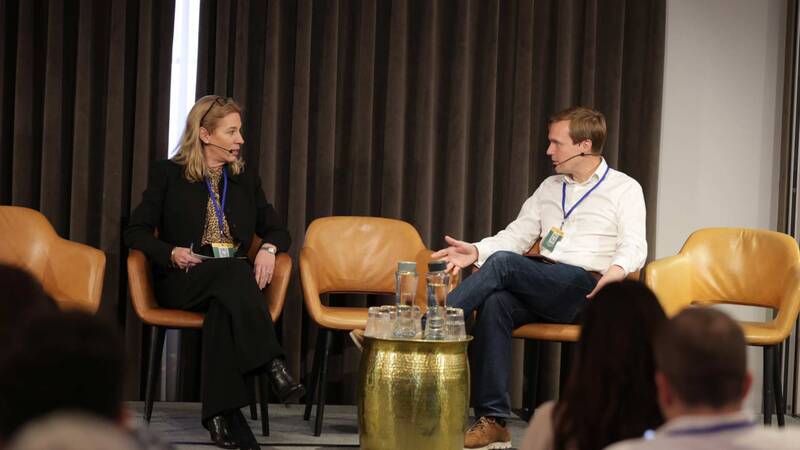You are viewing your 1 free article this month. Login to read more articles.
A critical space
I’m no literary critic, but I value what literary editors do, and so should all of us. If reports from the frontline of book publicity are anything to go by, they are in mortal danger and—rather like bookshops, or literary prizes—once they are gone, we will marvel at what we have lost.
This year alone Arifa Akbar, Katy Guest and Boyd Tonkin have departed their posts following the closure of the Independent and Independent on Sunday; the Telegraph’s Lorna Bradbury has been unceremoniously axed; while in Scotland, Rosemary Goring now edits the literary pages at the Herald, Sunday Herald and the National as a freelance. Coverage of books in all the national newspapers is not yet so diminished—the Times, Sunday Times, Guardian/Observer and Financial Times are rightly praised for their books coverage, as are periodicals such as the New Statesman, Woman and Home and Good Housekeeping. But the long-term signs are not good. The Independent is no longer running book reviews on its website, space has been reduced at the Express and the Mail on Sunday, reviews are often now shared between the daily newspapers and their Sunday offering, and there is a growing use of syndicated content. The Guardian recently said it would close its dedicated children’s books website in July, after earlier this year ending its First Book Award.
Publicists report “unprecedented” change at newspapers’books desks and lament the challenge of finding review space. But they also point to a proliferation of books coverage elsewhere, from The Pool, Mumsnet and the BBC Radio 2 Book Club, to Stylist and its sister Emerald Street; across social media sites such as Facebook, Twitter and, for true bookish folk, Goodreads; as well as the rise of so-called “influencers”, many of whom featured at The Bookseller’s Marketing & Publicity Conference.
Newspapers are subject to market forces few of us could withstand, and publishers are not noted for their commercial support (of the 80 adverts in the arts sections of the weekend’s press, only seven were for books) making them an easy target. Yet that there is growing books coverage elsewhere does not mean the review space we have should not still be coveted. Critical reviews are different from the lighter stuff often seen online. Good
literary criticism is an unusual skill and when wielded well is invaluable for readers, authors and publishers. Books should also be integral to a newspaper’s idea of itself, and for that they need an in-house champion. Gaby Wood, the Telegraph’s former head of books (now with the Booker Prize Foundation) told the Guardian after her switch that books were “becoming a cause, rather than something to be taken for granted”. So too are literary editors.
















